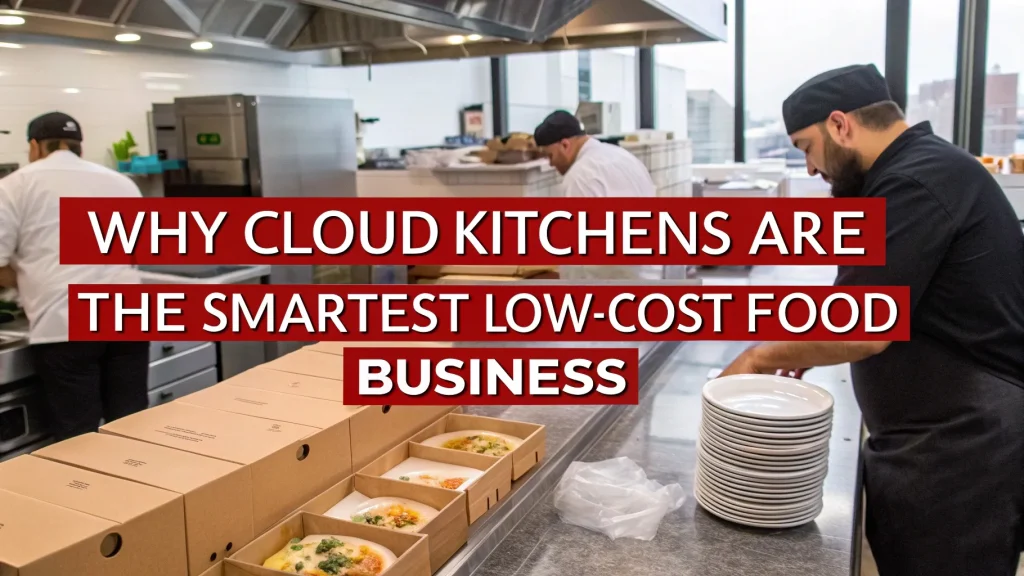The petroleum industry continues to be one of the most vital sectors of the global economy. Despite the growing emphasis on renewable energy, petroleum remains indispensable for transportation, manufacturing, and even agriculture. In 2025, the petroleum industry is undergoing a phase of transformation, opening new windows of opportunity for investors and entrepreneurs. From core refining operations to the commercialization of by-products like bitumen, waxes, lubricants, and grease, this sector offers diverse avenues for business growth. As the world balances between traditional fossil fuels and alternative energy sources, those venturing into innovative petroleum-based businesses stand to benefit greatly.
Business Potential in the Petroleum Industry in 2025
The petroleum industry is not just about oil extraction and fuel production; it includes a comprehensive network of downstream businesses that convert crude oil into thousands of useful products. With rising demand in developing countries and strategic government incentives to promote private investments in refining and petrochemical ventures, the business environment is ripe. Entrepreneurs can explore opportunities in refining, by-product processing, lubricant manufacturing, retail distribution, and more.
Refining and Processing Ventures
Refineries are the backbone of the petroleum industry, converting crude oil into usable fuels like petrol, diesel, kerosene, and jet fuel. However, setting up a refinery involves high capital expenditure, complex regulatory approvals, and advanced technical knowledge. Instead of building large-scale plants, many entrepreneurs now invest in modular refineries or collaborate with government-backed mini-refinery projects in resource-rich regions.
These smaller-scale operations reduce risk while maintaining profitability. Governments in countries like India, Nigeria, and Indonesia are actively seeking private investment in this area due to local fuel demand and import substitution goals.
By-Product-Based Businesses
One of the most profitable segments within the petroleum industry is the by-product sector. Refineries produce numerous secondary products, many of which have high industrial and commercial value. Some lucrative by-product opportunities include:
-
Petroleum Coke (PetCoke): Used as a fuel in cement kilns and power plants.
-
Bitumen: Essential for road construction and roofing industries.
-
Paraffin Wax: Applied in candles, cosmetics, pharmaceuticals, and packaging.
-
Sulfur: Widely used in fertilizers and chemical manufacturing.
Entrepreneurs can establish processing units that refine these by-products for specific markets. For instance, bitumen refining plants targeting government infrastructure projects can generate steady revenue. Similarly, paraffin wax processing units that cater to the cosmetic and candle-making industries are in growing demand.
Grease and Lubricant Manufacturing
Another promising niche within the petroleum industry is the manufacture of industrial grease and automotive lubricants. As the number of vehicles and industrial machines increases globally, so does the need for high-quality lubrication solutions. Lubricant production is a technically viable business that requires blending base oils with additives.
Small and medium-scale grease manufacturing plants can be set up with moderate investment and cater to sectors such as:
-
Automotive (engine oil, gear oil)
-
Manufacturing (hydraulic and compressor oils)
-
Agriculture (tractor and pump grease)
-
Marine and aviation (specialized lubricants)
Moreover, with the growth of electric vehicles (EVs), there is an emerging market for specialized lubricants for EV motors, axles, and thermal management systems.
Retail and Distribution Networks
With increasing fuel consumption and rising vehicle sales, the downstream fuel retail sector is also expanding. Setting up a fuel retail outlet (petrol pump) in collaboration with government-authorized oil companies (like Indian Oil, HPCL, BPCL, etc.) remains a viable and profitable venture in India and other fuel-importing countries.
In addition to fuel, petroleum-based retail businesses include:
-
Engine oil and grease dealerships
-
LPG and CNG distribution
-
Mobile fuel delivery services
-
Industrial lubricant supply chains
Thanks to digitization and logistics innovation, entrepreneurs can now run app-based fuel delivery platforms or centralized distribution models, improving customer access and margins.
R&D and Technical Services
The modern petroleum industry is increasingly driven by data, automation, and technical innovation. There is significant demand for businesses offering specialized services such as:
-
Refinery efficiency audits
-
Environmental compliance consulting
-
Oilfield digitalization (IoT & AI integration)
-
Maintenance and servicing for pipelines, valves, and storage tanks
Engineers, scientists, and tech-driven entrepreneurs can offer research-backed solutions to help refineries optimize processes, reduce emissions, and improve product quality. This is especially relevant as governments enforce stricter environmental and safety regulations across the globe.
Greener Solutions Within Petroleum
Even as the petroleum industry contributes to carbon emissions, there is room for sustainable practices. Businesses focusing on cleaner technologies, recycling, and emission control are gaining traction. Some eco-aligned petroleum business ideas include:
-
Used oil recycling plants
-
Solvent extraction and recovery
-
Carbon capture and storage (CCS) services
-
Grease trap waste treatment
-
Bio-based lubricant formulation
These solutions not only help reduce the environmental footprint of oil-based operations but also qualify for green subsidies and carbon credits in many countries.
Export-Oriented Opportunities
Exporting petroleum products and by-products presents another profitable venture. Many regions with oil refineries export surplus by-products like waxes, lubricants, and bitumen. Establishing a specialized export company that handles regulatory compliance, packaging, and logistics can generate substantial returns.
Target markets for export businesses include:
-
Africa and Southeast Asia (bitumen and lubricants)
-
Latin America (paraffin wax)
-
Middle East (specialty greases)
To succeed, entrepreneurs must build strong supplier networks, understand international regulations, and invest in quality control and packaging.
Training & Manpower Development
Another side of the petroleum industry that often gets overlooked is skill development. The complexity of the industry requires trained workers, technicians, and engineers. Starting training centers that provide certification in refinery operations, grease formulation, petroleum product handling, or HSE (health, safety, environment) compliance is a meaningful and revenue-generating business.
With the support of industry bodies and government initiatives like the Skill India Mission, such training ventures can gain fast traction.
Final Thoughts
In 2025, the petroleum industry is evolving—not vanishing. Despite the global energy shift, petroleum remains critical to infrastructure, transportation, and manufacturing. This enduring relevance opens doors to various business opportunities beyond the traditional scope of fuel extraction. From by-products like bitumen and waxes to grease manufacturing, eco-friendly recycling ventures, and digital oilfield solutions, the landscape is full of possibilities.
However, success in this industry depends on thorough technical knowledge, adherence to safety and environmental standards, and staying updated with market trends. Entrepreneurs who can innovate within the boundaries of petroleum and align with sustainability goals will not only find profitability but also long-term business resilience.
Visit the page Select and Choose the Right Business Startup for You for sorting out the questions arising in your mind before starting any business and know which start-up you can plan. We, at NPCS, endeavor to make business selection a simple and convenient step for any entrepreneur/startup. Our expert team, by capitalizing on its dexterity and decade’s long experience in the field, has created a list of profitable ventures for entrepreneurs who wish to diversify or venture. The list so mentioned is updated regularly to give you a regular dose of new emerging opportunities.




